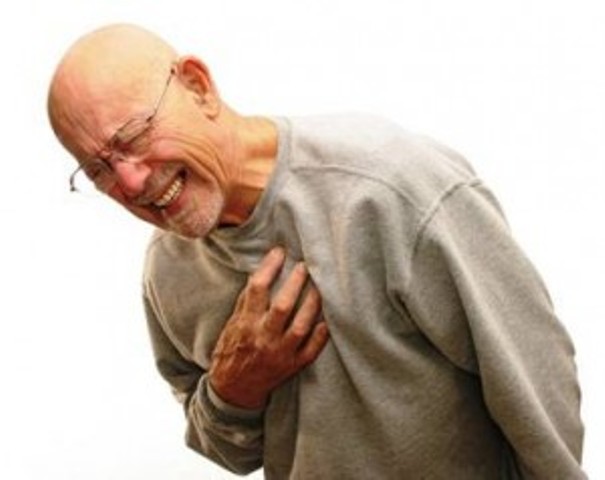Unlike a physical injury, a stroke can be hard to explain because there are no obvious signs of damage. Unfortunately we cannot look into a person’s body without specialist equipment and so the signs or effects of a stroke can be misinterpreted as something else. As it is vital to get immediate medical help for someone suffering from a stroke, it is essential that a few stroke myths are debunked.

Stroke Myths
– You Cannot Prevent a Stroke
Even those with a family history of strokes can reduce their risk of strokes considerably by making a few lifestyle changes.
– Strokes Are Untreatable
Strokes are fully treatable with a range of drugs and other specialist treatment.
– Strokes Only Happen in Elderly People
A stroke can strike anyone of any age and affects around five children in every 100,000 both in the UK and the US.
– A Stroke is a Heart Attack
A blood clot may come from the heart and into the brain but a stroke affects the brain and not the heart.
– You Cannot Recover from a Stroke
Time is of the essence when treating stroke victims and whilst some may be left with lasting effects, others go on to lead normal lives.
Understanding Strokes
Very often the difficulty in explaining strokes comes from a public lack of understanding as to what a stroke is and how it affects people.
A stroke can be seen as a brain attack. Your brain needs a constant supply of blood which travels from the heart to the blood vessels in the brain. If this supply is suddenly disrupted either by a blockage or a bleed, then the person suffers a stroke. The blockage can affect certain functions controlled by the brain such as your speech and movement.
There are two main types of stroke:
– Ischaemic: which is a blockage in one of the blood vessels in the brain.
– Haemorrhagic: which is a leak from the blood vessels into the brain.
Who is at Risk of a Stroke?
Many people think that strokes are hereditary but lifestyle and other factors also help to determine someone’s risk.
Generally speaking, men are more likely to suffer a stroke than women and people who have origins in South Asia, Africa or the Caribbean are also at a higher risk than those of European origin.
Other risk factors include:
– Your diet
– Your fitness levels
– Whether you drink or smoke
– If you have any other underlying health conditions
Support After a Stroke
As some stroke sufferers may find speech and communication difficult after a stroke, they can rely heavily on friends and family to support them. Some people find it hard to ask for help but even those who have suffered severe mobility problems because of a stroke can find life easier with a few adjustments.
Stairlifts for example have helped stroke victims to be able to stay in their own homes and regain some of their independence. Never allow a well meaning friend to put in a DIY stairlift or else you may be left with stairlift problems. Trust the experts who can offer stairlift advice should you need it.
Health writer and blogger Anne has had many years experience in helping people recover from the affects of stroke.
